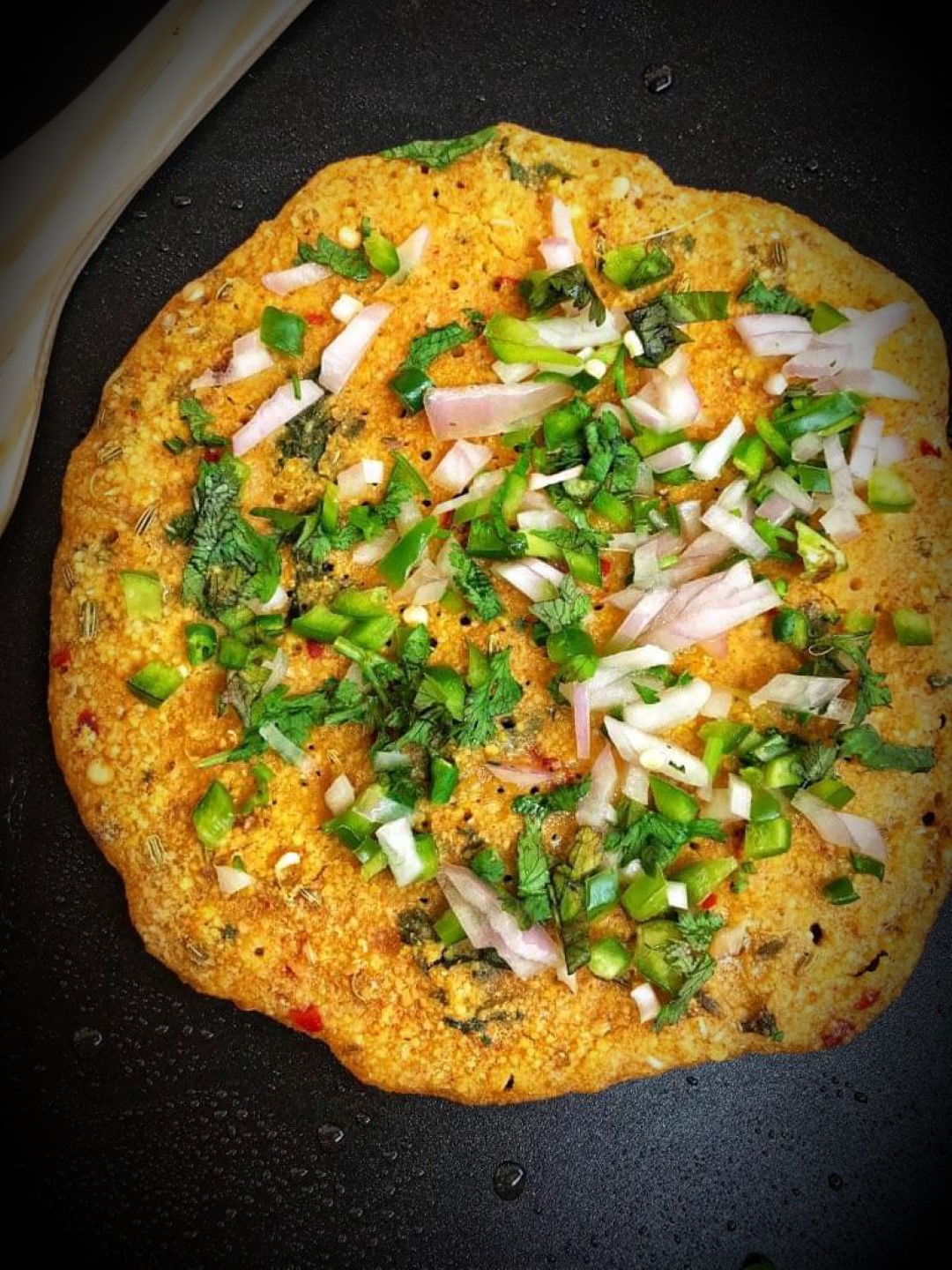
In the digital renaissance of the 21st century, AI and machine learning are not just buzzwords; they’re transformative tools reshaping industries. Health and fitness, a domain once reliant on human expertise, now finds a reliable ally in ChatGPT. This article aims to provide an in-depth exploration of how ChatGPT can be your personal nutritionist, crafting a bespoke intermittent fasting diet plan.
Understanding ChatGPT and Generative AI
Generative AI, with ChatGPT as its poster child, represents the zenith of AI’s capabilities. Here’s what makes it stand out:
- Human-like Text Generation: These models simulate human conversation, making interactions not just informative but also engaging.
- Expansive Knowledge Base: Drawing from vast datasets, they offer insights spanning a multitude of topics, from the intricacies of metabolic rates to the cultural nuances of diets.
- Real-time Interaction: The age of waiting days for a consultation is over. Get immediate, well-informed responses.
In the vast realm of health and fitness, ChatGPT emerges as a beacon, offering insights that are both broad in scope and deep in detail.
Why Use ChatGPT for Diet Plans?
- Deep Personalization: ChatGPT goes beyond generic advice. It delves into individual dietary restrictions, preferences, and goals. Whether you’re a vegan athlete or a keto enthusiast with a nut allergy, ChatGPT is equipped to guide you.
- 24/7 Accessibility: Modern life is unpredictable. Whether you’re pondering a midnight snack or need early morning meal advice, ChatGPT is perpetually at your service.
- Economical Expertise: The traditional costs associated with dietitians can be prohibitive. ChatGPT democratizes access to expert advice, often free or at a nominal cost.
Training ChatGPT for Optimal & Free Intermittent Fasting Diet Plans
Harnessing the full potential of ChatGPT for dietary guidance requires a nuanced approach. It’s not just about asking questions; it’s about training the model through detailed interactions. Here’s a comprehensive guide on how to optimize ChatGPT for your dietary needs:
1. The Power of Detailed Information:
The more granular and specific you are about your personal details, the better the recommendations. When interacting with ChatGPT:
- Personal Metrics: Always start by providing your age, weight, height, and activity level. This helps the model understand your basal metabolic rate and caloric needs.
- Dietary Preferences & Restrictions: Mention if you’re vegan, vegetarian, pescatarian, or if you follow specific diets like keto, paleo, or Mediterranean. Also, highlight any allergies or intolerances, such as gluten or lactose.
- Health Goals & Medical Conditions: Are you aiming for weight loss, muscle gain, or maintenance? Do you have conditions like diabetes, PCOS, or high blood pressure? This information can significantly influence dietary recommendations.
2. Framing Precise Queries and Using Threads:
How you ask matters:
- Be Explicit: Instead of asking, “What should I eat?”, frame your query like, “Given that I’m a 30-year-old male, weighing 70kg, with a sedentary job, what’s a protein-rich meal suitable for my 8-hour intermittent fasting window?”
- Use Threads for Continuous Conversations: Platforms that support ChatGPT often have a ‘thread’ feature. This allows you to have a continuous conversation with the model, refining its understanding with each interaction. It’s like having a back-and-forth with a nutritionist.
3. Iterative Feedback and Learning:
ChatGPT thrives on feedback:
- Correct and Refine: If a recommendation doesn’t seem right or if the model misunderstands a query, correct it. For instance, “I was looking for vegetarian options,” or “I can’t have that due to my nut allergy.”
- Ask for Explanations: If ChatGPT suggests a particular food or meal, ask “why”. Understanding the reasoning can offer insights into nutritional benefits and help you make informed choices in the future.
4. Incorporating External Resources:
While ChatGPT is knowledgeable, it can be beneficial to cross-reference:
- Link to Trusted Sources: If you’ve read an article or research paper, share the link or main points with ChatGPT and ask for its perspective. For instance, “I read this article on intermittent fasting and PCOS. Can you provide a meal plan considering this?”
- Stay Updated: Nutrition science is ever-evolving. Regularly ask ChatGPT about new findings, studies, or trends in the world of diet and nutrition.
5. Safety First:
While ChatGPT is a powerful tool, always consult with a healthcare professional before making significant changes to your diet, especially if you have underlying health conditions.
Training ChatGPT for dietary recommendations is a dynamic process. It’s about building a relationship with the model, where each interaction refines its understanding of your unique needs. With the right approach, ChatGPT can become a valuable ally in your health and fitness journey, offering insights that are both broad in scope and deep in detail.
Designing Your Intermittent Fasting Diet Plan with ChatGPT
The realm of intermittent fasting is vast, with various methods, goals, and nuances. Crafting a plan tailored to your unique needs can be daunting. However, with the prowess of ChatGPT, this process becomes streamlined and personalized. Here’s how you can design your intermittent fasting diet plan using ChatGPT:
1. Establishing Your Baseline:
Before diving into specifics, it’s crucial to set the stage:
- Share Your Profile: Begin by providing ChatGPT with your age, weight, height, and activity level. This foundational information helps the model gauge your caloric needs and metabolic rate.
- Define Your Goals: Are you looking to lose weight, maintain, or gain muscle? Your goal will influence the type of advice ChatGPT offers.
- Highlight Preferences & Restrictions: Mention any dietary preferences (vegan, keto, paleo) and restrictions (allergies, intolerances) to ensure the meal plans are both effective and enjoyable.
2. Choosing the Right Fasting Method:
Intermittent fasting isn’t one-size-fits-all:
- Explore Options: Ask ChatGPT to explain different fasting methods, from the popular 16:8 method to the 5:2 approach or alternate-day fasting. Understanding each will help you pick what aligns with your lifestyle.
- Personalized Recommendations: Based on your profile and goals, ChatGPT can suggest the most suitable fasting method. For instance, someone aiming for muscle gain might receive different advice than someone focusing on weight loss.
3. Crafting the Meal Plan:
With the method chosen, it’s time to delve into the specifics:
- Balanced Meals: Ask ChatGPT for meal suggestions that encompass proteins, fats, and carbohydrates. For instance, “What’s a balanced meal for my 8-hour eating window on the 16:8 method?”
- Snack Ideas: Intermittent fasting doesn’t mean you can’t snack. Ask for healthy snack options that fit within your eating window and align with your goals.
- Hydration: While fasting, hydration is paramount. Inquire about the best hydrating drinks, and if you’re curious about beverages like green tea or black coffee during fasting, ChatGPT can provide insights, referencing resources like this article.
4. Adapting to Challenges:
Every fasting journey has its hurdles:
- Managing Hunger: If you’re struggling with hunger pangs during fasting hours, ChatGPT can offer tips and tricks to manage them, from drinking water to engaging in specific activities.
- Eating Out: Dining in restaurants while fasting? Ask ChatGPT for advice on making the best food choices that align with your plan.
- Workout and Fasting: If you’re an active individual, get guidance on how to time your workouts in relation to your fasting window for optimal results.
5. Continuous Refinement:
Your body, preferences, and goals might evolve:
- Regular Check-ins: Every few weeks, discuss your progress with ChatGPT. Share any weight changes, energy levels, or other feedback to refine your plan.
- Addressing Plateaus: If you hit a weight loss or muscle gain plateau, ChatGPT can provide strategies to overcome it, ensuring continuous progress.
Designing an intermittent fasting plan with ChatGPT is akin to having a personal nutritionist at your fingertips. By providing detailed information, asking the right questions, and continuously refining based on feedback, you can craft a plan that’s not just effective but also tailored to your unique needs and preferences.
Frequently Asked Questions (FAQs)
1. What is ChatGPT and how can it help with my diet plan?
ChatGPT is a generative AI model designed to simulate human-like text interactions. It can provide personalized dietary advice, meal suggestions, and insights based on the information you provide, making it a valuable tool for crafting tailored intermittent fasting plans.
2. How does ChatGPT compare to traditional dietitians?
While ChatGPT offers instant, personalized dietary recommendations based on vast datasets, traditional dietitians bring years of academic study and hands-on experience. ChatGPT is an excellent tool for general advice and quick queries, but for complex health conditions, consulting a human expert is advisable.
3. Can I trust the dietary advice from an AI?
ChatGPT provides information based on extensive data and research. However, always cross-reference any advice with trusted sources and consult healthcare professionals before making significant dietary changes.
4. How do I start using ChatGPT for my intermittent fasting plan?
Begin by providing detailed information about your age, weight, activity level, dietary preferences, and goals. The more specific you are, the better the recommendations. Engage in a two-way conversation with the model for optimal results.
5. I’m new to intermittent fasting. Can ChatGPT guide me?
Absolutely! ChatGPT can offer a foundational understanding of intermittent fasting, explain different methods, and suggest beginner-friendly strategies tailored to your needs.
6. How does ChatGPT determine the best fasting window for me?
ChatGPT analyzes the information you provide, such as your daily routine, work schedule, and sleep patterns, to suggest an optimal fasting window that aligns with your lifestyle.
7. Can ChatGPT help with weight loss-specific intermittent fasting plans?
Yes, based on your goals and provided details, ChatGPT can craft a plan focusing on calorie management, nutrient-dense foods, and optimal eating windows to support weight loss.
8. I have dietary restrictions. Can ChatGPT accommodate them?
Certainly! When interacting with ChatGPT, mention any allergies, intolerances, or dietary preferences you have. The model will tailor its recommendations accordingly.
9. How often should I interact with ChatGPT for dietary advice?
Regular interactions help refine the model’s understanding of your needs. Consider checking in every few weeks or whenever you have specific dietary queries or need refinements to your plan.
10. Can ChatGPT provide meal and snack suggestions for my eating window?
Yes, based on your preferences and goals, ChatGPT can suggest balanced meals and healthy snacks suitable for your intermittent fasting eating window.
11. I’m experiencing hunger pangs during fasting. Can ChatGPT help?
Definitely. ChatGPT can offer strategies to manage hunger during fasting hours, from hydration tips to activities that can distract from hunger.
12. Is it safe to work out during my fasting window?
Exercising during fasting is generally safe, but the type and intensity matter. ChatGPT can provide guidance on timing workouts and the kind of exercises best suited for fasted states.
13. I’ve hit a weight loss plateau with intermittent fasting. Can ChatGPT offer solutions?
Yes, plateaus are common in weight loss journeys. ChatGPT can suggest strategies, from dietary tweaks to workout adjustments, to help you overcome stagnation.
14. How does ChatGPT handle complex dietary queries?
ChatGPT draws from vast datasets to provide detailed answers. For complex queries, it’s beneficial to provide as much context as possible and engage in a back-and-forth conversation for clarity.
15. Can I use ChatGPT to explore other dietary plans beyond intermittent fasting?
Certainly! While this guide focuses on intermittent fasting, ChatGPT is equipped to provide insights on various diets, from keto to Mediterranean, veganism, and more.
Further Reading on Intermittent Fasting
For those keen on diving deeper into intermittent fasting, here’s a curated list of articles:
Conclusion
The confluence of AI and health is a testament to the age we live in. With ChatGPT, a world of personalized, expert-backed dietary advice is at your fingertips. As you embark or continue on your intermittent fasting journey, remember that AI is here to guide, inform, and support.
Engage with Us!
Your journey, experiences, and feedback enrich our community. Have you used AI in your health journey? Share your stories, tips, or queries below. For a holistic view on intermittent fasting, our comprehensive collection offers a treasure trove of insights.
Blog Tags: Intermittent Fasting, ChatGPT, Generative AI, Diet Plans, Weight Loss, Health and Fitness, AI in Health, Personalized Diet, Intermittent Fasting for Beginners, Advanced Fasting Strategies.














